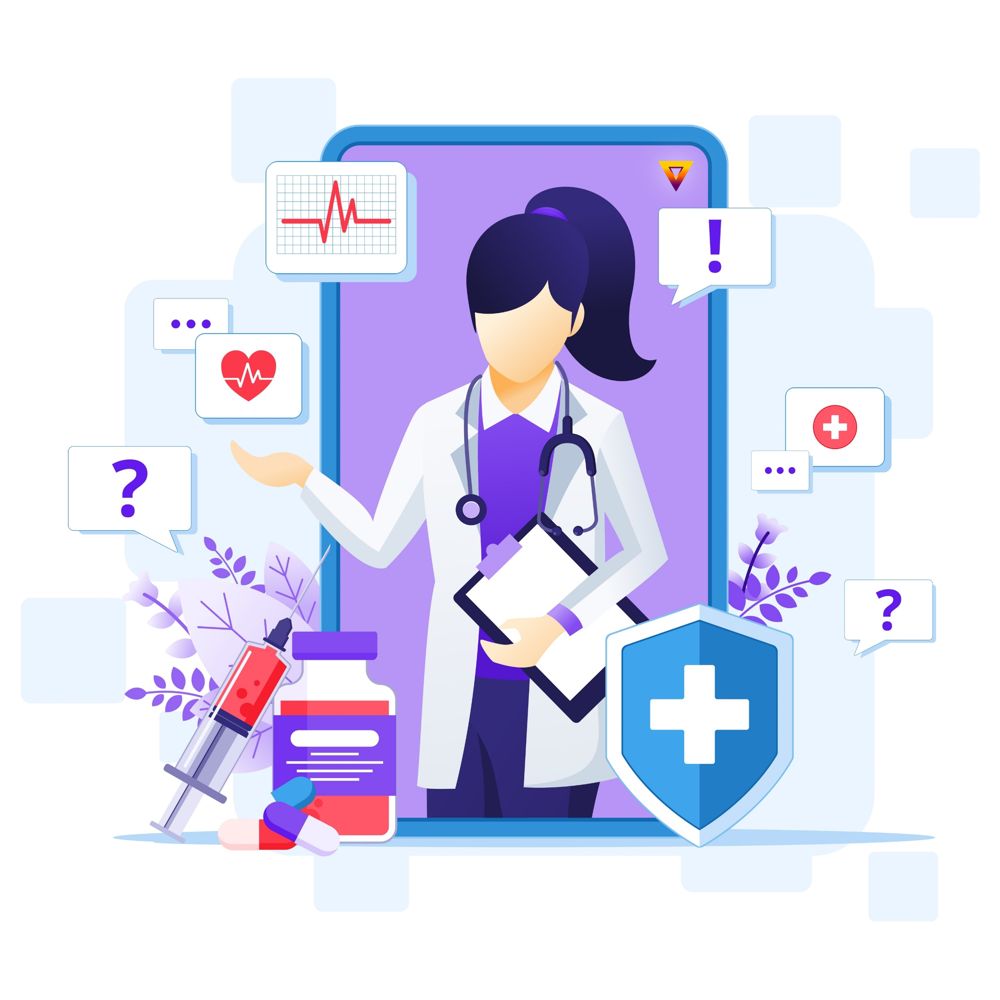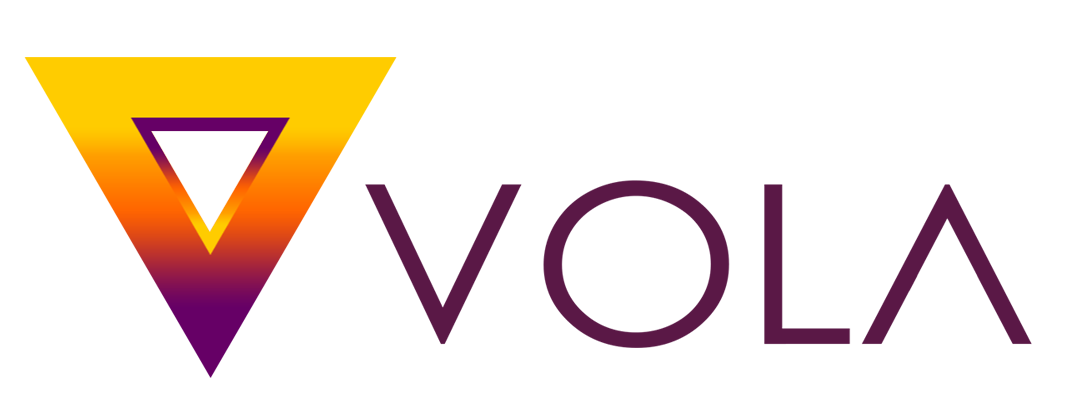
There is no denying the fact that software solutions are becoming a key growing role in the healthcare evolution. Furthermore, it is no longer a secret that the healthcare industry is making huge investments in software solutions. Software solutions are used in a variety of areas like, financial and accounting, customer service, insurance, pharmaceuticals, patient care and medical billing. The impact of software and the accompanying interoperability in these areas has been tremendous, and continues to evolve to the changing needs of healthcare providers. Some systems generate prescription refills directly to patients via an online portal. Other software provides patient education about their health. This includes educating patients about their disease, symptoms, treatment options, and future disease-caregivers.
Software interoperability systems such as VOLA Connected Health are composed of a number of components such as, telehealth hosting, database and server integration, billing and consolidation software, as well as patient education and general operations management software. A number of these components work together to provide users with information about a patient’s history. Billing software is usually responsible for collecting payments from clients. This payment information is then sent to the database. The database is leveraged by medical data management systems and other software components. The following are some areas that software solutions and interoperability has affected the evolution of the healthcare industry:
Medical Billing:
Software solutions have become an important part of the medical billing process, particularly for long-term patient records. It has allowed medical professionals to manage the complexities associated with patient billing. With software solutions, medical billing can now be completed within a few hours. This has made the lives of patients easier and has reduced the cost associated with healthcare providers. Moreover, software solutions have made it possible to keep track of each patient’s record.
Further adoption:
It is not just in EHR and EMR that software solutions have become important. In fact, many hospitals, pharmacies, laboratories and healthcare systems have integrated all encompassing software solutions into their overall business structures. This has led to significant cost savings, as well as improved patient care. In addition, there is the added benefit of decreased errors due to unbalanced software implementation.
On-Demand Records:
Another piece of software is the electronic medical record software. This piece of software is responsible for recording all medical information in a database. This database is typically used by multiple software applications and electronic medical record software. As noted above, this information is used to improve patient care.
Improved Effectiveness & Efficiency:
As previously mentioned, software plays a key role in the overall efficiency of a healthcare system. However, it is important that healthcare providers keep in mind that they need not rely solely on software for patient management. While it is imperative to have software in place, it is equally important for healthcare providers to develop an effective marketing strategy. This means developing a number of print ads, posters, flyers, and website. This print advertising will ensure more people are aware of a healthcare provider’s existence.
In addition to using software to help manage patient care, software can also be used to eliminate redundancies in the healthcare system. One of the biggest problems that most hospitals and clinics face is an excessive amount of redundancy. This is especially common in areas such as billing, bookkeeping, and customer service. Redundancy has the potential to substantially decrease a healthcare system’s revenue. Therefore, when considering whether or not to invest in software solutions for your practice, make sure these issues are addressed.
Tailored Solutions & Optimization:
One step to take when considering software solutions for your practice is to consider how the software will fit into the overall infrastructure of your practice. Will you be able to integrate the software seamlessly into the existing structure? Will the software create any new opportunities for your practice? How easy will it be for users to access the information contained in the software? How easily will user manuals and instructions be accessed by the staff? These are just a few questions that must be considered when evaluating software solutions. Finally, there is also the matter of cost. As technology advances, software should become more affordable. This will allow users to take advantage of the new software faster while maintaining a healthy profit margin for healthcare providers.
Final Thoughts:
Software solutions for a healthcare system are crucial components for successful management a clinic, lab, or pharmacy. Interoperability ensures secure transitions of care, which leads to better patient outcomes. As a healthcare provider if you want your practice to become more efficient and save money, a software platform tailored to your needs is the right solution. You can evaluate software solutions by conducting consultations with software vendors who offer a full range of innovative software solutions for healthcare systems, such as VOLA Connected Health. VOLA will provide you with information on how a software system will work in your practice and what you need to consider. A good vendor will be able to give you an in-depth consultation to answer these questions. When you take this step, you can be confident that your practice will be well-organized, save money, and become more user-friendly.
VOLA’s Healthcare application developers have created numerous applications that will be beneficial to the healthcare industry. These innovative developments have created products and solutions that will provide hospitals and doctors with real-time data on patient conditions. With these tools, healthcare professionals will be able to deliver the best care possible to patients. The healthcare connected technologies are designed to improve the healthcare experience for both patients and medical professionals. The next generation of medical devices and solutions will be designed with the latest in technology and security standards.
Interested in a demo to see our platform can be optimized for your organization? Schedule a demo with the VOLA team today! Contact Us.
About VOLA
Our mission is to support the rapidly growing digital transformation of the healthcare industry. We do this by equipping medical offices and telehealth providers with customizable and affordable technology. One of our key differentiators is our ability to connect laboratory tests into the workflow of telehealth services. Additionally, we have a dedicated SaaS product line to support laboratories and laboratory marketing organizations.

